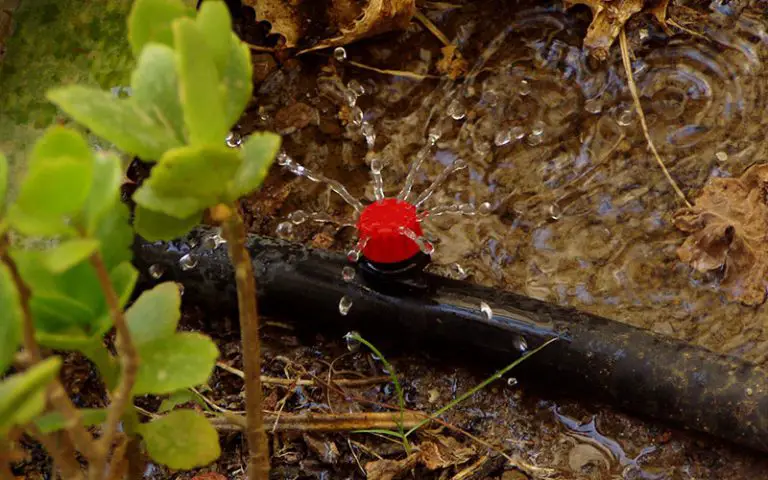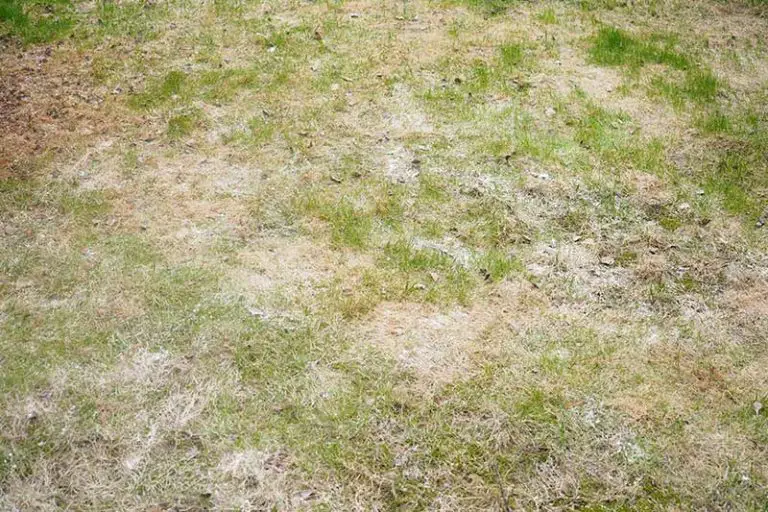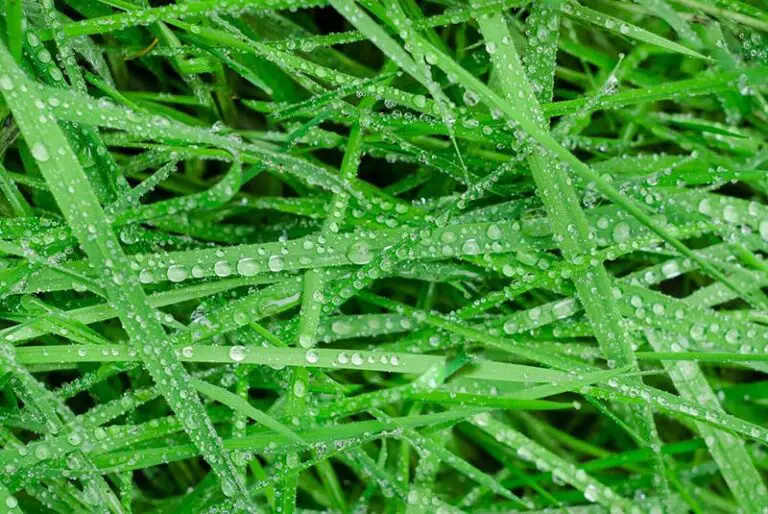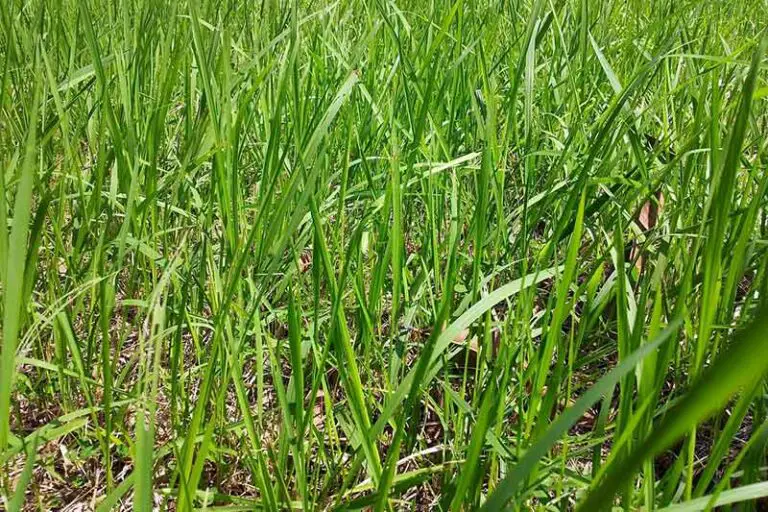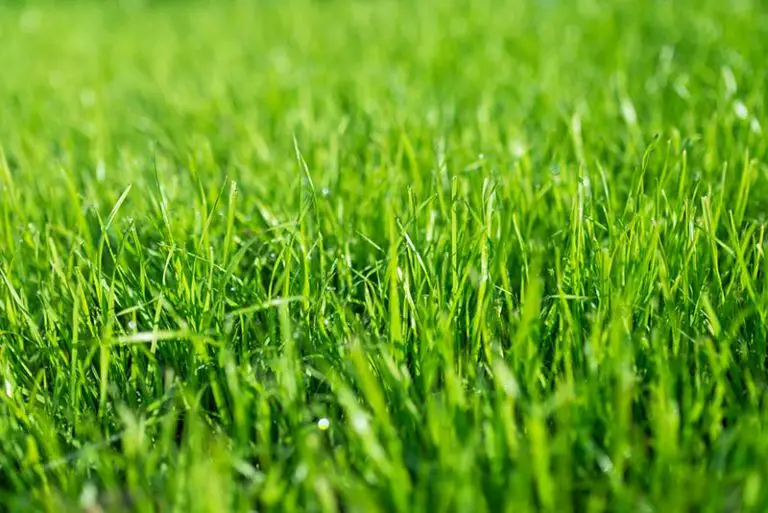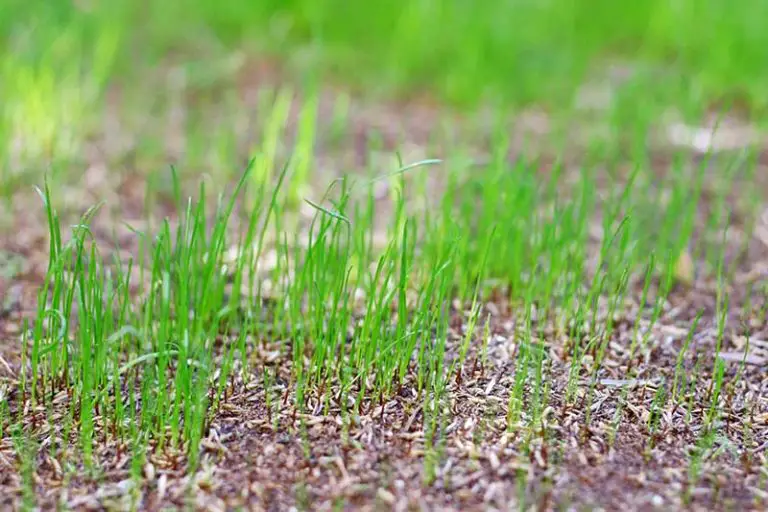Does Watering Grass in the Sun Burn it?
One of the most common gardening myths is the idea that watering grass in the sun can burn the grass blades. Many homeowners are under the impression that water droplets on grass can refract light, increasing the sun’s intensity to the point where it burns the grass blades. Although the science behind this concept seems to make sense, this is a common misconception.
No, watering grass in the sun will not burn it. Watering your lawn on a sunny day will not burn the grass regardless of how intense the sunlight is. However, for general watering purposes, watering grass in the sun is not ideal; you will lose much of the water to evaporation before your grass can take it up. Even so, your lawn may benefit from an extra watering during the day if conditions are particularly hot and dry.
Does Watering Grass in the Sun Burn it?
In short, no, watering grass in the sun will not burn it. The possibility of this happening is a common misconception turned urban myth that has long been disproven by scientific research.
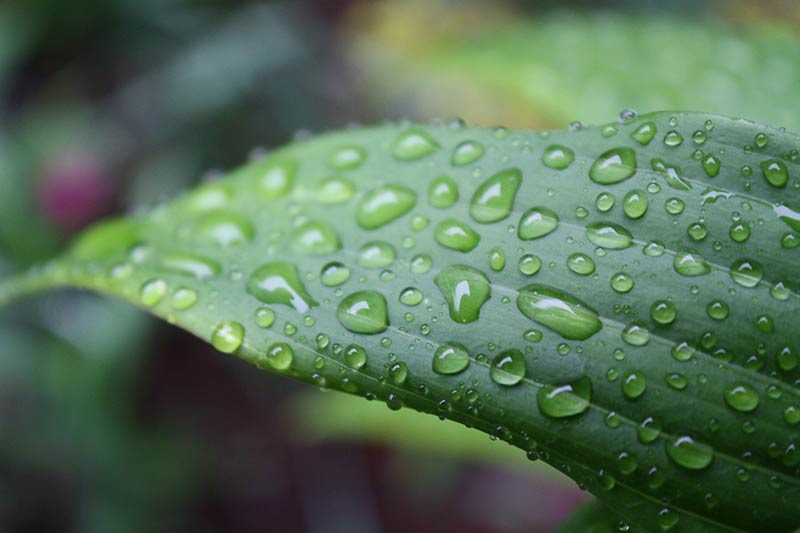
There is a theory held by many homeowners that watering grass under bright direct sunlight can scorch the grass’ blades. The underpinning logic to this theory is that, under direct sunlight, water droplets have a reflective/magnifying effect; many believe that water can intensify the sun’s rays to the point where they can burn the underlying grass blades. However, research shows that this theory is completely false.
The water droplets that form on grass blades will not significantly amplify the sun’s energy to the point it can burn the grass. Scientifically speaking, it is technically true that water can refract and magnify heat and light. But, for the light to be intense enough to actually burn the grass, it would be necessary for the water droplets to be a certain distance away from the blades. In other words, the droplets would only be able to burn grass if they were somehow suspended in the air.
It’s therefore impossible to burn grass by watering it, regardless of the time of day or height of the sun. With that said, there are many other agents in water that can cause grass to appear burned; substances like salt, chlorine, and excess fertilizer are all moved by water and can burn your grass. Noticing yellow or brown patches on your lawn could also be indicative of other issues like drought, fungal disease, or pests.
Is it Okay to Water Grass in the Sun?
It is absolutely okay to water grass in the sun. As we’ve just explained, there is no possible way to burn grass simply by watering it. And, in actual fact, your grass could greatly benefit from an extra watering on a hot or bright day.
On warm, sunny days, the soil in your lawn will quickly lose moisture to evaporation as the sun becomes progressively more intense. Providing you have mature grass with healthy and extensive roots, your lawn will tolerate these temporary periods of drought; the grass should stay green as long as you keep up with a sufficient watering schedule throughout the week. Even so, it will still benefit your lawn if you add a bit of extra water on the days when the sun is particularly bright.
In severe cases of extended dry periods, your grass may turn yellow or brown and appear dead. This is simply a state of dormancy that enables the grass to survive without water for several weeks without dying off. Although the upper growth looks dead, the roots and crown of the grass are alive, surviving on a supply of stored nutrients. The grass will green back up again when water is added.
On the other hand, young grass seedlings are much more susceptible to drying out and dying in the absence of water. For successful germination, new grass seed must have consistent moisture in the soil. Grass seed and young seedlings can go no longer than 24 hours without water; on particularly hot days, young grass may not survive without water for much longer than 12 hours. This makes it essential to water grass seed on hot or sunny days as often as is necessary to keep the soil moist.
Is it Bad to Water Grass During the Day?
It isn’t bad to water grass during the day, although this generally isn’t the best time to do so. Your regular watering schedule should involve watering your lawn early in the morning or late afternoon. Watering grass during the day is typically only suitable during extended periods of extreme drought or heat.
The two best times to water a lawn are in the early morning and late afternoon. At these points in the day, temperatures are milder and the sun is lower in the sky. Watering early in the morning, i.e. before 10am, gives your grass plants plenty of time to take up the water before the sun rises; similarly, watering in the afternoon between 4pm and 6pm allows enough time between watering and nightfall.
For general irrigation purposes, watering grass during the day only is not an advisable practice. The sun’s heat and intensity gradually increases as it rises to its highest point in the sky at midday. If you attempt to water your lawn during the day, the sun will evaporate much of the water before your grass can absorb it. This would make your watering efforts a waste of time and resources as they would provide little benefit to the grass.
Despite this advice, you can still give your lawn a supplemental watering if it starts to suffer during the day. It’s perfectly safe to water grass even at midday when the sun is at its highest point in the sky. This practice should be reserved only for days when the weather is particularly warm and dry.
What Temperature is Too Hot to Water Grass?
When it reaches 95°F, it will be too hot to water your grass effectively. At this temperature, the water will simply evaporate instead of soaking into the soil. Your grass plants will be left dehydrated as the heat prevents any water from reaching the grass’ roots. To avoid this issue, water early in the morning well before temperatures begin rising to this level.
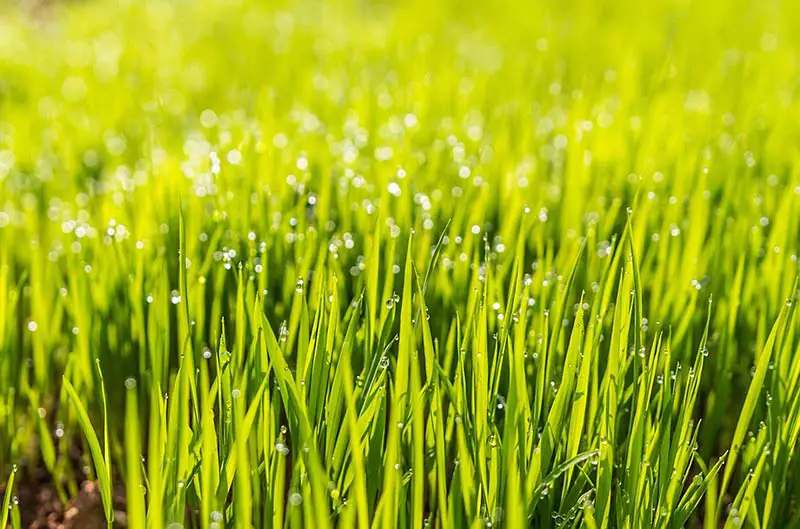
When is the Best Time to Water Lawn in Hot Weather?
In hot weather, the best time to water your lawn is in the early morning, ideally between 6am and 9am. You shouldn’t leave it any later than 10am to water your lawn in hot weather; the sun will be too high in the sky and will subsequently evaporate off the water soon after you add it to the soil.
If you miss this morning window, the next best time to water your lawn in hot weather is in the late afternoon between 4pm and 6pm. Again, it’s best to avoid watering any later than 6pm as the turf won’t have enough time to dry out before nightfall. We further explain the risks of watering your lawn at night in the following section.
Can I Water My Lawn at Night?
It’s generally inadvisable to water your lawn at night, especially over the summer. Watering your lawn any later than 6pm will likely lead to the development of fungal lawn disease; this is especially true if you attempt to water your lawn at night during the warmer months.
After the sun sets, there won’t be any sunlight to help excess moisture evaporate from the soil. The damp turf combined with warm overnight temperatures will create the ideal conditions for disease-causing spores to grow and multiply. Watering your lawn at night will therefore leave it vulnerable to fungal conditions like brown patch, summer patch, dollar spot, and pythium blight. These diseases typically manifest as patches of yellow or brown grass; as the fungal spores multiply, they will destroy grass roots, causing total death of the grass plants if left without treatment.
How Much to Water Lawn in Summer
You may need to water your lawn up to 3 times per week during the summer. Grass typically requires between 1 and 1.5 inches of water per week, added in 1 to 2 deep watering sessions. When conditions are warm and dry over the summer months, your lawn will benefit from some additional watering to keep the grass green.
During periods of dry weather, you should ideally water your lawn 2 to 3 times per week; add 1 inch of water each session. Factor in any rainfall that occurs over the week and reduce your watering if necessary. Take care not to overwater the grass as this will only encourage the development of fungal disease.
The easiest way to keep your lawn properly watered is to use a sprinkler system. You can judge how long to run your sprinklers by conducting a can test; place an empty can in your lawn, then run your sprinklers until you gather 1 inch of water. Take note of how long you run your sprinkler system for and use this information to influence your future watering sessions.

